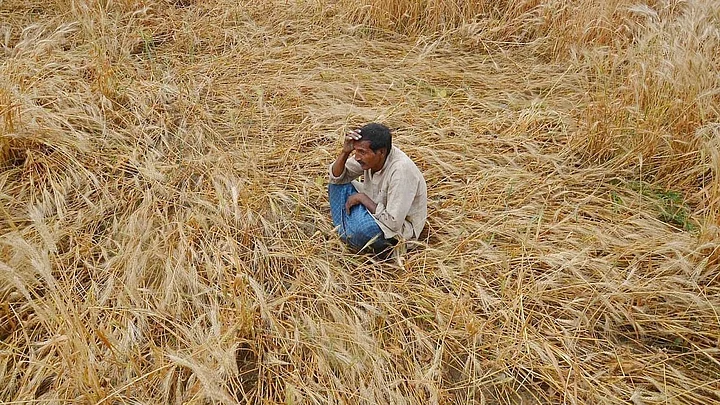Chinese state media on Sunday, 15 May, defended India amid criticism by the Group of Seven (G7) nations regarding India's decision to regulate the export of wheat, saying that blaming India will not solve the global food problem.
Earlier, the Indian government had put wheat export under the "prohibited category", and the Ministry of Commerce had stated that the export of wheat was banned with "immediate effect".
In response to the move, agriculture ministers from the G7 industrialised nations on Saturday condemned India's decision to ban unapproved wheat exports.
"If everyone starts to impose export restrictions or to close markets, that would worsen the crisis," German agriculture minister Cem Ozdemir had said, adding, "We call on India to assume its responsibility as a G20 member," as per AFP.
What Global Times Said in India's Defence
Responding to criticism from the G7 against India, an editorial in China's Global Times said: "Now, the agriculture ministers from G7 urge India not to ban wheat exports, then why won't G7 nations themselves move to stabilise food market supply by hiking their exports?"
It also added that while India was the second largest wheat producer in the world, it only accounted for a small part of global wheat exports. "By contrast, some developed economies, including the United States (US), Canada, the European Union (EU) and Australia, are among major exporters of wheat."
Global Times further said that if western countries themselves decided to reduce their wheat exports amid a global food crisis, they would not be in a position to criticise India.
India's Statement on Wheat Export
Meanwhile, India issued a statement on Saturday in which it explained the rationale behind prohibiting wheat exports, saying that doing so would control food prices and enhance food security of the country.
It also added that India would honour all its contracts as a reliable supplier.
"The Government of India is committed to providing for the food security requirements of India, neighbouring and other vulnerable developing countries which are adversely affected by the sudden changes in the global market for wheat and are unable to access adequate wheat supplies," the official statement issued by the Directorate General of Foreign Trade (DGFT) read.
The statement comes as the Ukraine war, which began in February, enters the twelfth week and the supply from the Black Sea has dropped in the global market. India, the world's second-largest wheat producer after China, has been the most sought-after since the conflict caused a food shortage.
(With inputs from AFP.)
(At The Quint, we question everything. Play an active role in shaping our journalism by becoming a member today.)
